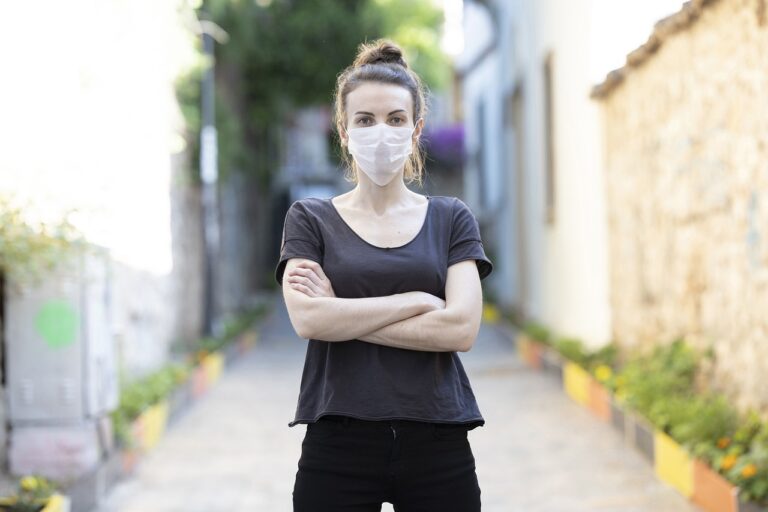The Importance of Vaccinations for Global Health
Vaccinations have a rich history dating back centuries. The concept of using vaccinations to prevent diseases can be traced as far back as 1000 CE in China, where variolation was practiced to provide immunity against smallpox. The technique was later introduced to Europe in the 18th century by Lady Mary Wortley Montagu, who observed it during her travels in the Ottoman Empire.
In 1796, the smallpox vaccination as we know it today was developed by Edward Jenner, an English physician. Jenner’s groundbreaking work involved using cowpox virus to inoculate individuals against smallpox, leading to the eventual eradication of the disease through widespread vaccination efforts. The success of the smallpox vaccine paved the way for the development of other vaccines, revolutionizing the field of public health and saving countless lives.
The Role of Herd Immunity
Herd immunity plays a crucial role in protecting the community against the spread of contagious diseases. When a large portion of the population is immunized against a certain disease, it creates a shield that prevents the pathogen from easily spreading. This is especially beneficial for individuals who cannot be vaccinated due to medical reasons or young infants who are too young to receive certain vaccines.
By achieving high rates of vaccination coverage within a population, herd immunity helps to break the chain of transmission of infectious diseases. This not only protects those who are vaccinated, but also provides indirect protection to individuals who are vulnerable and at a higher risk of complications if they were to contract the disease. Herd immunity is a powerful public health tool that relies on the collective efforts of individuals to safeguard the well-being of the entire community.
Common Misconceptions about Vaccines
One common misconception about vaccines is that they can cause autism. This belief stems from a discredited study published in 1998, linking the measles, mumps, and rubella (MMR) vaccine to autism. However, numerous studies since then have debunked this myth, confirming that there is no causal relationship between vaccines and autism. The scientific consensus strongly supports the safety and effectiveness of vaccines in preventing serious diseases without causing autism.
Another misconception is that vaccines contain harmful chemicals that can be detrimental to health. While vaccines do contain some additives and preservatives to ensure their stability and efficacy, these ingredients are present in extremely small amounts that are considered safe for human consumption. The benefits of vaccination greatly outweigh any potential risks associated with these trace elements, as they have been rigorously tested and monitored by health authorities to ensure public safety.





